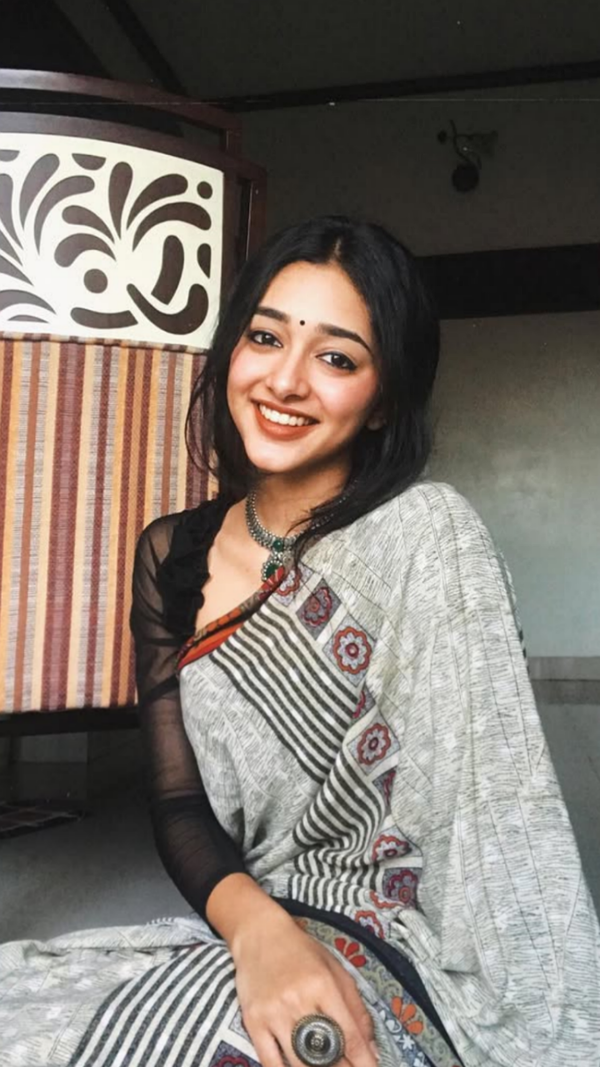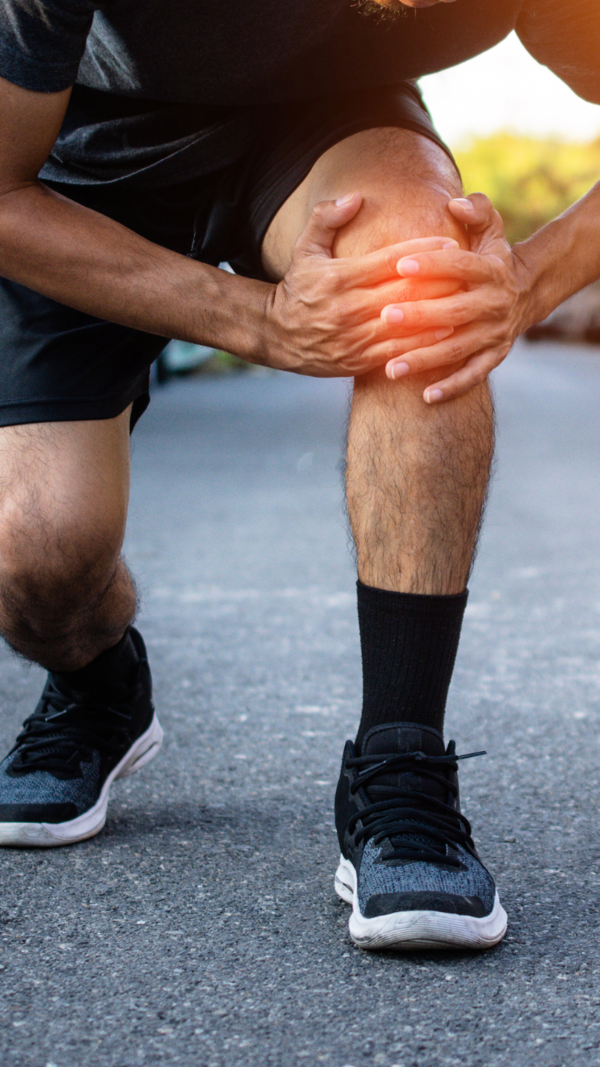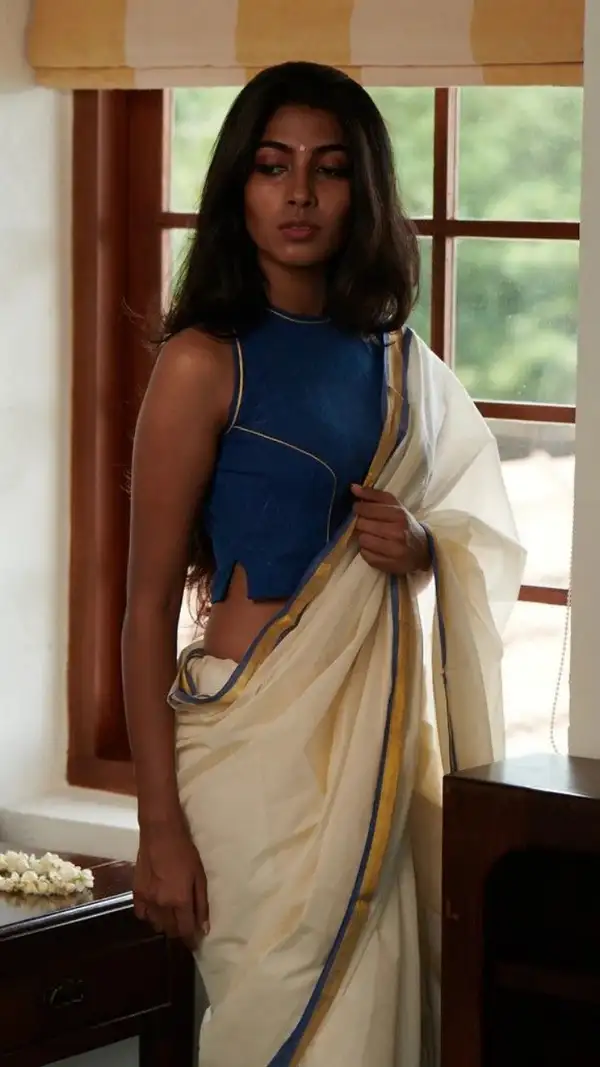- News
- Dharavi struggling with erratic water supply, illegal connections, dependence on tankers
Dharavi struggling with erratic water supply, illegal connections, dependence on tankers
MUMBAI: Dharavi is grappling with an escalating water crisis as summer temperatures rise. Inconsistent municipal supply, illegal connections, and growing dependence on private tankers has left residents struggling for basic drinking water.
Contamination risks have worsened the situation. An International Institute of Population Sciences (IIPS) study highlights that narrow lanes and crisscrossing utility lines in Dharavi lead to leakages and bacterial outbreaks. NGO Waterwalla found high turbidity, foul odour, and traces of E Coli in local water samples.
Water is supplied once a day to all seven wards from the Bhandup reservoir, but the timing is unpredictable. Civic officials estimate that nearly half the water connections in the area are illegal. “These unauthorised lines tap into the mains, reducing pressure for legal users,” said a civic source. Many families share a single BMC meter and pay a fixed charge.
Storage drums and buckets are a common sight outside homes as families scramble to collect water during the short supply window. “There’s barely room to move when we fill water. It trickles in for a couple of hours,” said Siraj Shah of Kunchi Korve Nagar.
Manju Malhan, who lives behind Kamaraj School, said water flow is erratic. “Only drops come through. When there’s a shortage, tankers charge more and demand cash upfront. Why should we pay extra for a basic service?” she asked.
Private tanker rates for 10,000 litres usually range from Rs 1,000 to Rs 1,200 but can shoot up to Rs 5,000 during shortages. “Sometimes we have to pick between water and food,” said Maqsood Khan of Gutter Galli.
Sunanda Kanke from Dhangar Chawl supports the ongoing redevelopment. “Once we move into proper flats, we’ll finally have clean water and a dignified life,” she said. “Water shouldn’t be a luxury.”

About the Author
Manthan K MehtaEnd of Article
Follow Us On Social Media







